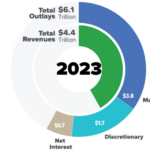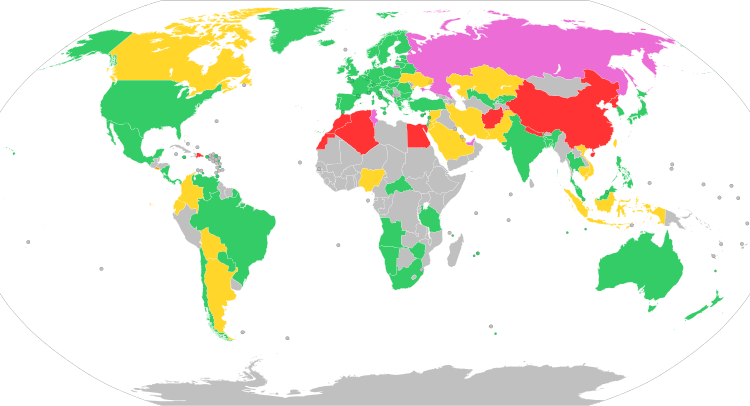As Hezbollah falters, the balance of power in the region faces a dramatic transformation.
- Hezbollah leader Hassan Nasrallah underestimated Israel’s strength and overestimated Iran’s support.
- Hezbollah has suffered significant losses, including the death of Nasrallah and many senior leaders.
- Despite a large arsenal, Hezbollah’s attacks have not resulted in Israeli casualties since mid-September.
- Israel’s military superiority in intelligence and technology has been highlighted in recent conflicts.
- Iran faces challenges as Hezbollah’s weakening impacts its regional deterrence strategy.
- The political landscape in Lebanon is shifting, with Hezbollah’s influence waning among its base.
In the wake of Hamas’s attack on Israel on October 7, Hezbollah’s leader, Hassan Nasrallah, made bold claims about Israel’s vulnerability, stating it was ‘weaker than a spider’s web.’ However, the reality has proven starkly different. Following a series of Israeli strikes, Hezbollah has suffered devastating losses, including the deaths of Nasrallah and many of its senior commanders. This has exposed a critical miscalculation on Hezbollah’s part: underestimating Israel’s military capabilities and overestimating Iran’s support. nnDespite possessing a significant arsenal of missiles, Hezbollah’s attacks have not resulted in any Israeli fatalities since mid-September, while over 1,000 people have died in Lebanon due to Israeli counterstrikes. Analysts note that Hezbollah’s military actions have not matched Israel’s firepower, intelligence, or technological advantages. nnThe situation poses a dilemma for Iran, which has relied on Hezbollah as a key deterrent against Israeli aggression. With Hezbollah weakened, Iran’s regional strategy is now under threat, as it may have to reconsider its support for the group. nnAs Israel contemplates a potential ground invasion of Lebanon, it risks repeating past mistakes that could empower Hezbollah once again. The political landscape in Lebanon is also shifting, with Hezbollah’s standing among its Shiite base declining as many flee their homes due to ongoing airstrikes. nnIn summary, while Hezbollah remains a formidable force, its recent setbacks have significantly altered the power dynamics in the region, leaving both Hezbollah and Iran in precarious positions.·
Factuality Level: 6
Factuality Justification: The article provides a detailed analysis of the current situation involving Hezbollah and Israel, including various perspectives from experts. However, it contains some speculative statements and opinions that could be interpreted as bias, particularly regarding the motivations and future actions of Iran and Hezbollah. Additionally, while it presents factual information, the dramatic language used in some parts may detract from its objectivity.·
Noise Level: 8
Noise Justification: The article provides a detailed analysis of the current situation involving Hezbollah and Israel, discussing strategic mistakes, military capabilities, and the implications for Iran. It holds powerful entities accountable and explores the consequences of their actions. The article stays on topic, supports its claims with evidence, and offers insights into the potential future dynamics in the region.·
Public Companies: Tel Aviv University ()
Key People: Hassan Nasrallah (Leader of Hezbollah), Fouad Siniora (Former Prime Minister of Lebanon), Ksenia Svetlova (Former Israeli lawmaker and nonresident senior fellow at the Atlantic Council), Eyal Zisser (Specialist on the region and vice rector of Tel Aviv University), Michael Horowitz (Head of intelligence at Le Beck International), Vali Nasr (Professor at Johns Hopkins University School of Advanced International Studies), Andrew Tabler (Former White House and State Department official, senior fellow at the Washington Institute for Near Eastern Policy), Kamel Wazne (Beirut-based political analyst), Michael Young (Political analyst)
Financial Relevance: No
Financial Markets Impacted: The article discusses geopolitical tensions and military conflicts, which may indirectly affect financial markets, particularly in defense and energy sectors, but does not present a specific event impacting financial markets directly.
Financial Rating Justification: The article primarily focuses on military conflicts and political dynamics in the Middle East, rather than financial topics or direct impacts on financial markets.·
Presence Of Extreme Event: Yes
Nature Of Extreme Event: Armed Conflicts and Wars
Impact Rating Of The Extreme Event: Major
Extreme Rating Justification: The article discusses the ongoing conflict between Hezbollah and Israel, which has resulted in significant casualties (over 1,000 people killed in Lebanon) and displacement of tens of thousands. The scale of violence and the implications for regional stability indicate a major impact.·
Move Size: No market move size mentioned.
Sector: All
Direction: Down
Magnitude: Large
Affected Instruments: Stocks
 www.wsj.com
www.wsj.com 





